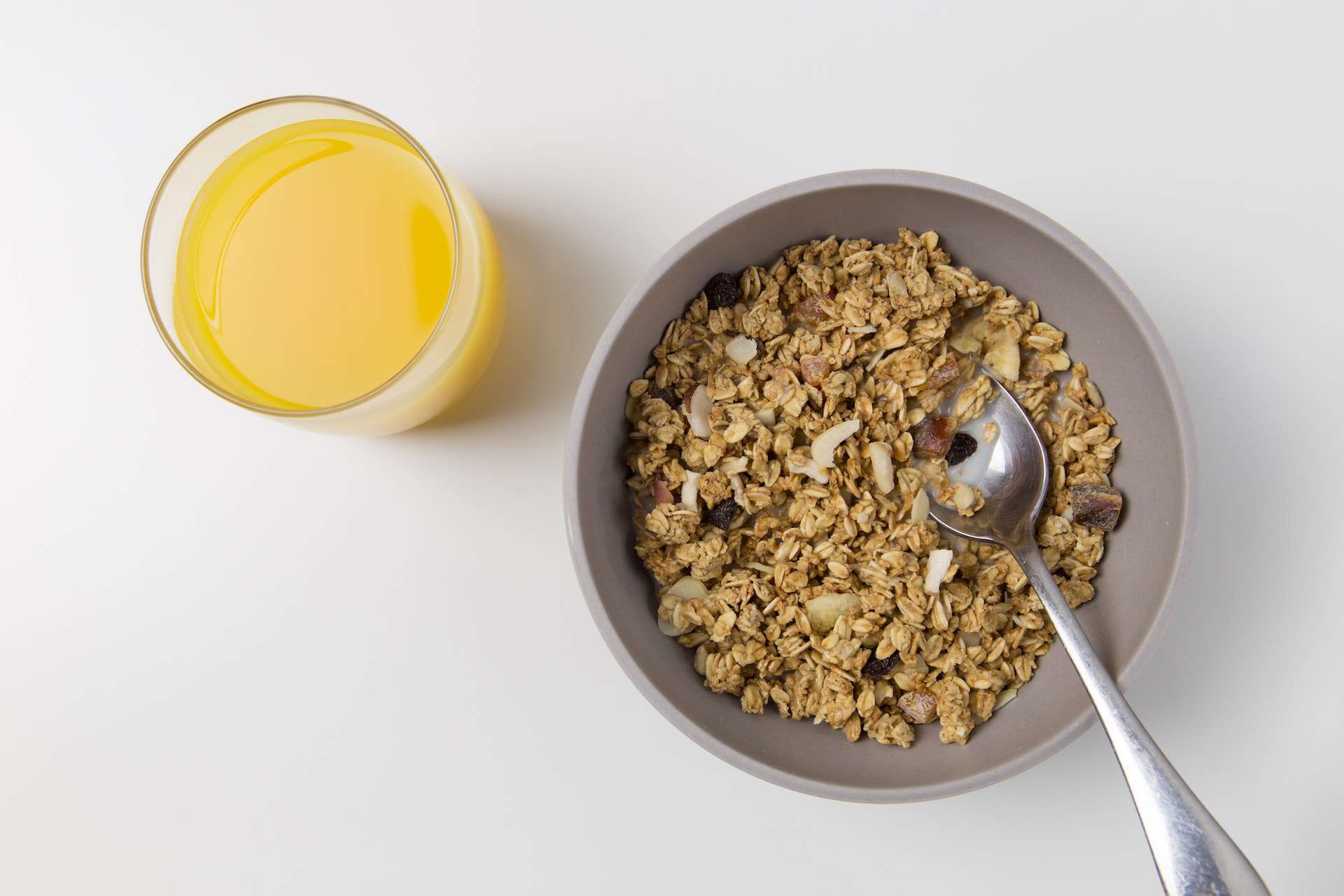What is the most important component of a healthy diet? Nutrients, vitamins, or protein, perhaps? All of those are crucial elements of a balanced diet, but there is another one that you may not immediately think about – dietary fiber.
Dietary fiber is the name for those parts of plant foods that our bodies can’t absorb. Also known as roughage, fiber mostly passes intact through our digestive tract, moving from the stomach to the small intestine, and the colon. If we can’t absorb dietary fibers like proteins and carbohydrates, for example, then why are they so important? Put simply, our body needs them to support a wide variety of functions.
Soluble or Insoluble?
Our diet contains two types of fibers.
Soluble fibers are those that will dissolve in water and form a gel-like substance. Oats, beans, apples, carrots, and barley are great examples of this type of fiber. Insoluble fiber is found in wholewheat flour, beans, nuts, and other vegetables, such as cauliflower and potatoes. Even when mixed with water, it doesn’t change its consistency.
Benefits of Dietary Fiber
Dietary fiber is important for a healthy bowel, healthy cholesterol and blood sugar levels, and weight management. It may also help you live longer.
1. Fiber for Bowel Health
Talking about bowel movements may be a bit of a turn-off for some people, but how our body eliminates “food waste” is an important part of our health. Dietary fiber, especially insoluble fiber, helps bulk up your stool, which makes it easier to pass. Soluble fiber absorbs water and solidifies your stool, which also supports healthy, normal bowel movements.
What’s more, a high-fiber diet can help prevent hemorrhoids and may also lower your risk of developing colon cancer.
2. Fiber for Cholesterol and Blood Sugar Control
Research suggests that the soluble fiber we eat in beans or oat bran can help lower our blood cholesterol levels. Permanently high cholesterol can predispose you to develop heart disease. A high-fiber diet, on the other hand, not only helps you maintain healthy cholesterol levels but also reduces inflammation and controls blood pressure.
Plus, fiber reduces the speed at which your body breaks down carbohydrates into glucose. That is how a diet that is high in fiber can help control and even improve your blood sugar levels. Your cells still get all the energy they need, but it is released more slowly and gradually.
3. Fiber for Weight Management and Longevity
Achieving and maintaining a healthy weight is one of the keys to leading a long, healthy life. A high-fiber diet contributes to both.
Foods that are high in fiber tend to be more filling. You eat less and feel full for longer. In addition, most high-fiber foods tend to take longer to eat and are not energy-dense. That means you get fewer calories for a relatively large volume of food.
Still looking for reasons to include more fiber in your diet? Here is one that may trump all of the above: studies have shown that people who eat diets high in fiber, especially the type of fiber found in cereals, have a lower risk of dying from cardiovascular disease and a range of cancers. Increasing your fiber intake works best by adding whole foods to your diet. Wholegrain products, legumes, vegetables, and whole fruits and vegetables are all excellent sources of healthy fibers.

